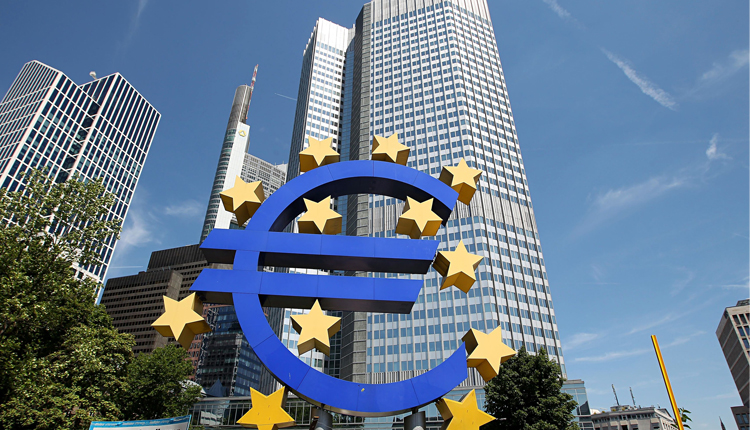Italy’s government has aroused further turmoil in financial markets on Tuesday morning, after new comments that Rome would be better outside of the euro zone.
Claudio Borghi, who leads the economic policy of the ruling Lega party, cast doubt over Italy’s membership of the single currency on national radio Tuesday. “I am truly convinced that Italy would solve most of its problems if it had its own currency,” Borghi said in a radio interview, Reuters reported.
His comments prompted the yield on the 10-year Italian bond to rise to 3.40 percent at about 8 a.m. London time — its highest level since March 2014 and going beyond the levels seen during a sell-off in May when concerns over Italy’s commitment to the euro zone came to the fore.
Italy’s main index also fell about 1.5 percent and shares in Italian banks were again in the red. Banco BPM dropped 5 percent, UniCredit was down 3.2 percent and Intesa Sanpaolo fell 2.7 percent.
Markets have kept their focus on Italy as the new populist government prepares it first budget. There are concerns that increased public spending will derail the reduction of public debt — which amounts to about 2.3 trillion euros ($2.6 trillion).
The coalition government in Rome is formed by two euroskeptic, anti-establishment parties. Borghi’s comments on Italy’s membership of the euro zone are not the first to come out of the right-wing Lega party. It has made similar comments in favor of leaving the euro zone before the election in March, but it toned down the rhetoric on the controversial issue as the vote approached.
As the market backlash grew, a spokesman for Borghi said that “leaving the euro is not in the government’s program and it has no plans to do so,” Reuters reported.
‘Terrorism on the markets’
Italy’s government is already in the market spotlight with investors awaiting details of its 2019 spending plans. The government said last Thursday that it will deliver key populist measures that it promised in the run-up to the election, policies that are expected to increase next year’s deficit to 2.4 percent of GDP — three times more than what the previous government had planned.
The deficit figure led to a negative market reaction but also to some angry comments from the European institutions.
Several European finance ministers and policymakers told CNBC’s Willem Marx in Luxembourg that there are concerns about the extra spending in Italy, but they are waiting for the final budget document to be published.
Woepke Hoekstra, finance minister of the Netherlands, said that “what we’ve seen so far isn’t particularly reassuring” while European Commission Pierre Moscovici told CNBC’s Willem Marx that the 2.4 percent deficit figure is “a very significant deviation from what was committed before.”
“I think the Italian government must tell the truth to the Italians, that there is more public expenditure that can make you more popular for a while but then who pays in the end?,” Moscovici said Monday.
One of Italy’s deputy prime ministers, Luigi di Maio, head of the anti-establishment Five Star Movement (M5S), accused the EU of “creating terrorism on the markets” by deliberately upsetting financial markets with its comments.
Italy has until the 15th of October to finish its 2019 budget plan and submit it to the European Commission for analysis.
Source: CNBC


